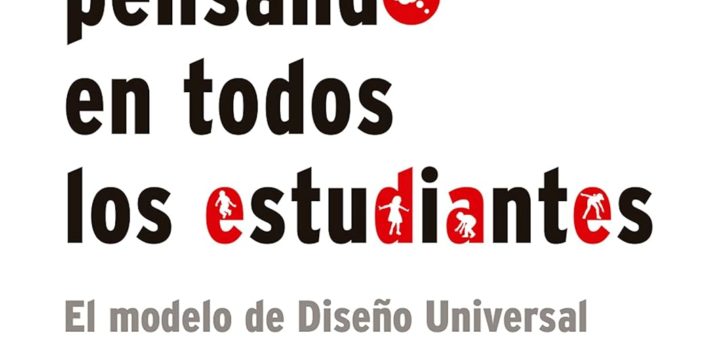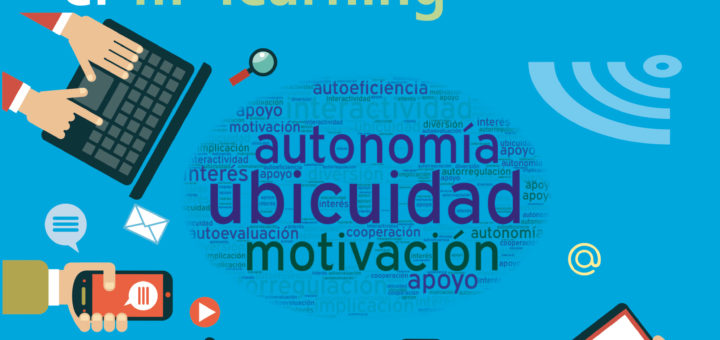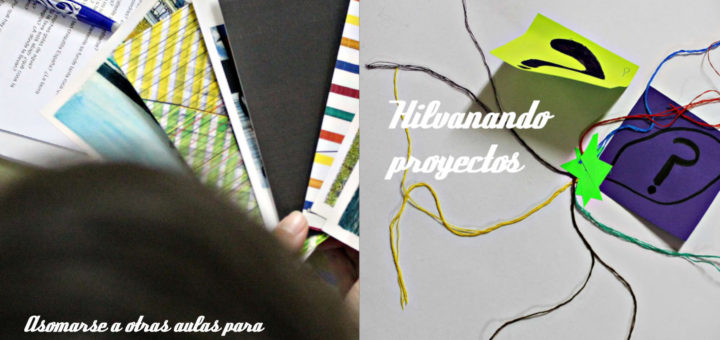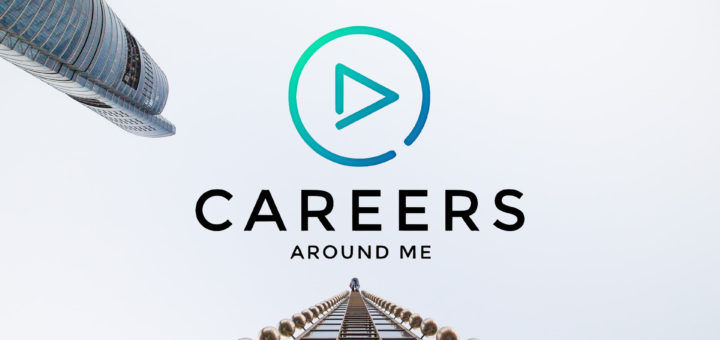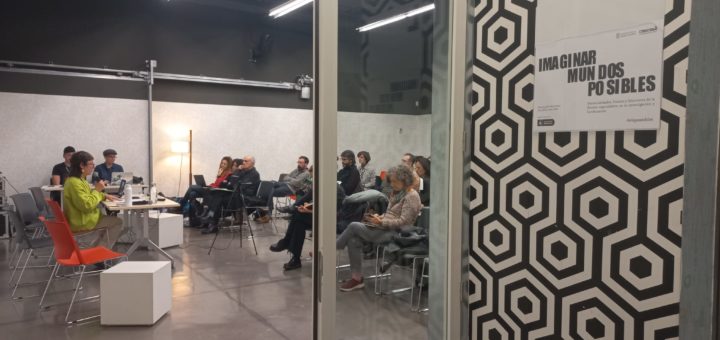Teaching with all students in mind. The Universal Design for Learning model
The 2030 Agenda has given rise to a great consensus on the importance of adopting or advancing quality education and that, for this to be the case, it must be inclusive, guaranteeing equal opportunities for all people.
In this process, teachers and centers emerge with a leading role to achieve it from their strategic position, since they are the direct agents. They are the ones who put into practice the actions that allow educational environments to change, to make a reality the access of all students to the teaching contexts and processes that satisfy the needs of each and every one of them.
